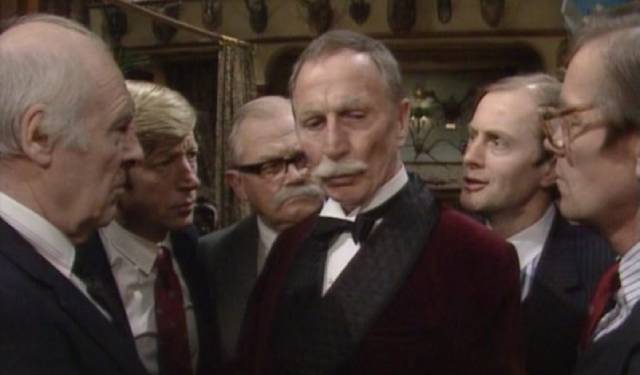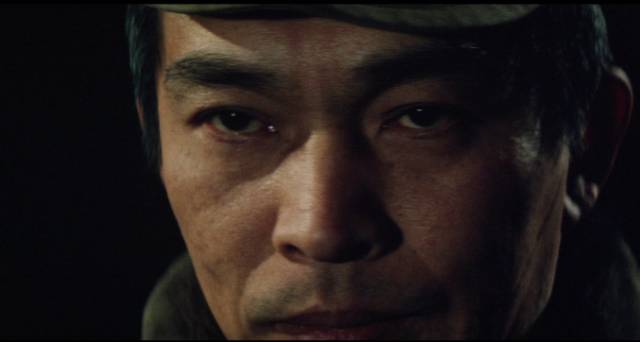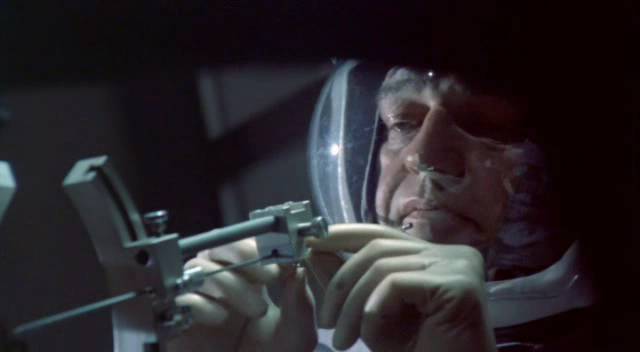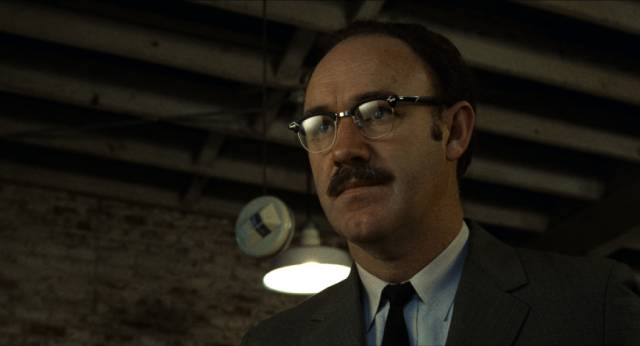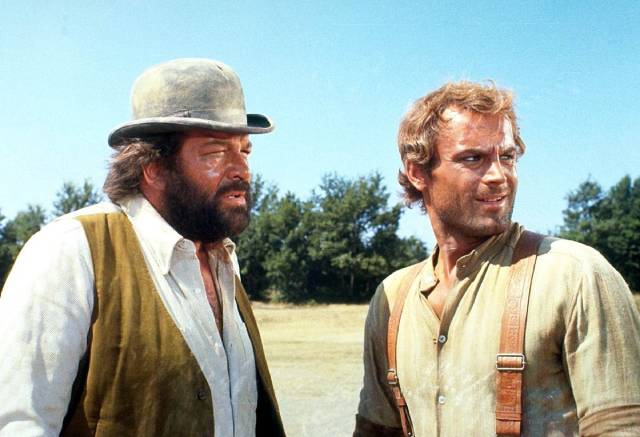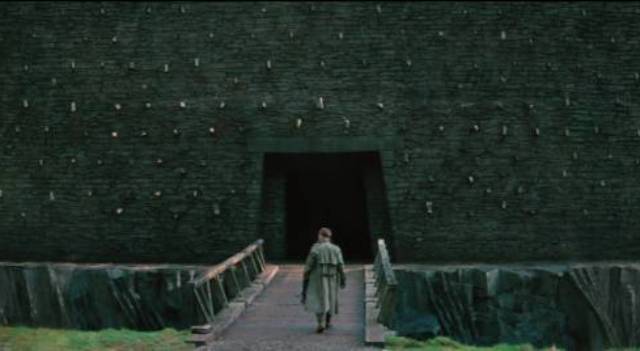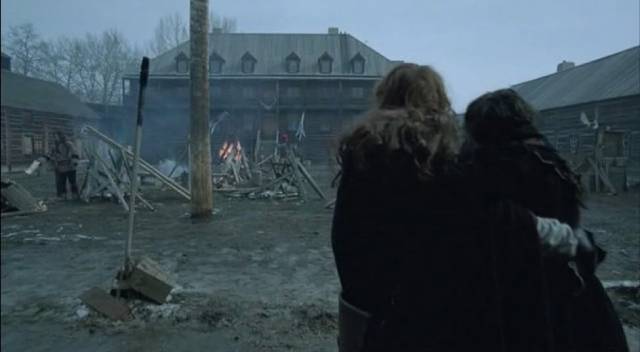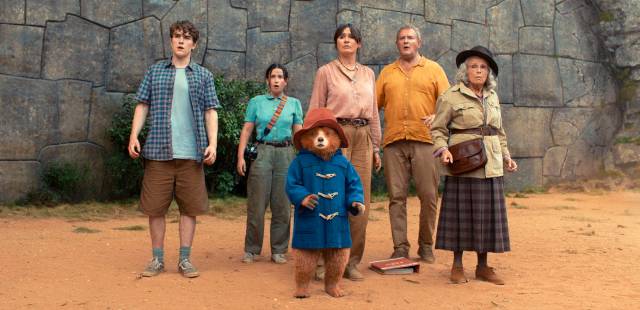
One of the benefits of retirement is being able to go to weekday matinees, which means seeing movies in almost empty theatres – the best way as far as I’m concerned. So this year I’ve already seen more movies than all of last year or the year before . But that also means I’ve seen a few movies I probably wouldn’t have bothered with before. Among the duds, though, have been some good – or at least interesting – movies I’m glad I saw on a big screen.
